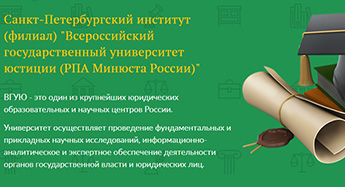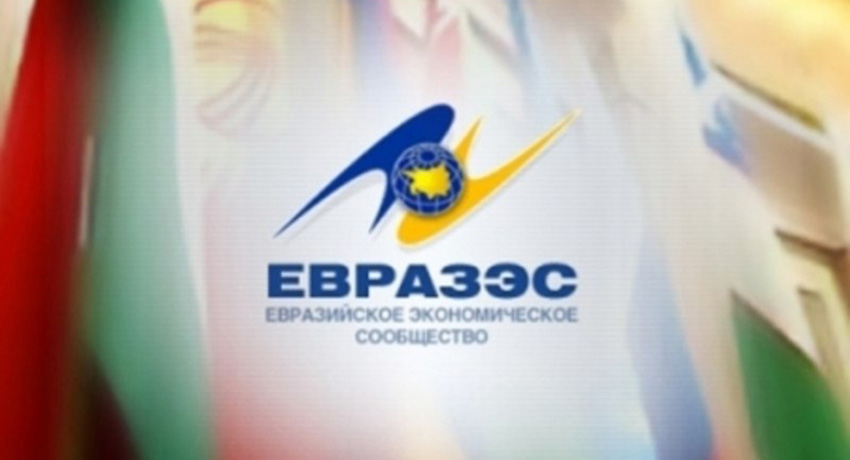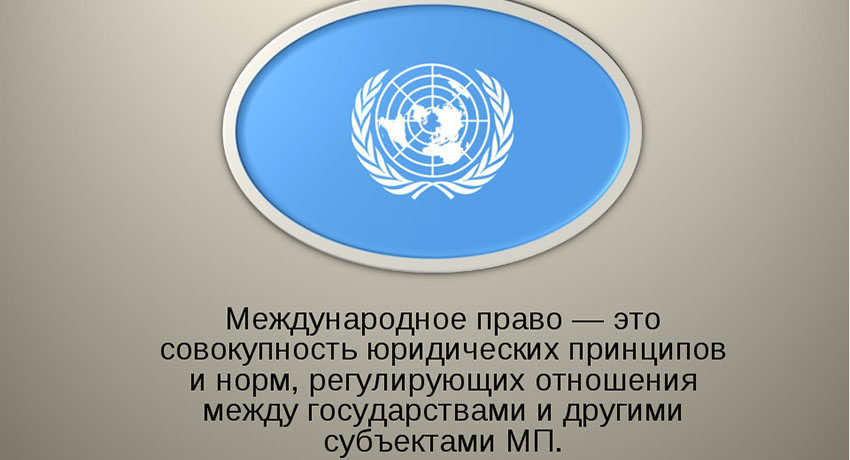Книга «Религия, религиозность и демократические ценности: сравнительная перспектива исламских и неисламских обществ» — одно из заметных изданий в области изучения проблемы взаимодействия ислама и демократии. Данная книга опубликована в 2014 г., но ее основные вопросы не потеряли актуальность за прошедшие годы. В своей книге автор Аббас Мехреган пытается ответить на вопросы: Какое влияние оказывает религиозность на демократическое развитие общества? Вызывают ли исламские традиции враждебность демократии? Используя многоуровневый анализ, автор сравнивает 59 исламских и неисламских обществ, в том числе христианских, буддийских, индуистских и других. Боле того, помимо эмпирического сравнения суннитских и шиитских обществ и стран, автор также рассматривает теоретический подход к изучению отношений и совместимости исламских и демократических ценностей. Автор верифицирует свою позицию, подтверждая ее множеством источников.
Ключевые слова: Религия, Религиозность, Ислам, Демократия, Ценность, Шииты, Сунниты.
BARARI REYKANDEH Khodayar
PhD in political sciences, Assistant Professor, Faculty of World Studies, University of Tehran, Iran.
REVIEW OF THE BOOK: “RELIGION, RELIGIOSITY, AND DEMOCRATIC VALUES: A COMPARATIVE PERSPECTIVE OF ISLAMIC AND NON-ISLAMIC SOCIETIES"
In the field of examining contemporary and post 9/11 interaction of Islam and democracy, in a global context, the book "Religion, Religiosity, and Democratic Values: A Comparative Perspective of Islamic and Non-Islamic Societies” by Abbas Mehregan is one of the most notable and highly recommend publication. The book was published in 2014, but its main issues and findings have not lost actuality and relevance over the past and recent years. Mehregan in his study tries to answer the questions: Does religiosity diminish democratic economic and civil tendencies? Do Islamic traditions provoke more hostility to democratic values in comparison to other religious traditions? In the book using a multi-level analysis, the author compares 59 Islamic and non-Islamic societies and nations, including Christian, Buddhist, Hindu and others. Furthermore, in addition to an empirical comparison of Sunni and Shiite societies and countries, the author also considers a theoretical approach to the study of the relationship and compatibility of Islamic and democratic values. Finally the author verifies his position, arguments and finindings through a mixed array of primary and secondary sources and data.
Keywords: Religion, Religiosity, Islam, Democracy, Values, Shia, Sunni.
Addressing his views about democracy and democratic values the late American author and the New Yorker magazine editor E. B. White (1899-1985) is quoted as saying "Democracy is itself, a religious faith. For some it comes close to being the only formal religion they have."[1] The comment by White is significant as not only it highlights the political fervor and attitudes to democracy during the height of the Cold War in the United States and the West but also its relationship and importance to religion. More than three decades on the extent of relations between religion and democracy continues to boggle the mind and policies of nations, politicians and social scientists.
In the so called post 9/11 'New World Order' era most Western leaders and academics speak of a 'New World Order' where democracy and democratic values are an integral part to the success, development and durability of religious dogma and values. Indeed it can be argued that post Athenian interpretations of democracy, democratic values and systems, as eclectic as they are, are being used a political tool to enhance these political views as parameters to assess religion, religious growth, freedoms, economic prosperity and human rights in general. The 2014 publication of the book "Religion, Religiosity, and Democratic Values: A Comparative Perspective of Islamic and Non-Islamic Societies" by Abbas Mehregan attempts to academically reassess and cleverly tackle these popular assertions from a multidisciplinary perspectives and the applicability of these parameters as fact or fiction. As both an Islamic scholar and socialist Mehregan refers to a combination of empirical research as well as qualitative and quantitative methods to probe, compare and examine a large sample of countries in both the West and East. The book is the twenty-third book of Brill Publishing's "International Studies in Religion and Society" series. It is set at 309 pages and published simultaneously in Leiden and Boston. It consists of an introduction, three chapters, conclusions and discussion and two appendices.
Mehregan in the introduction concurs that in the period following 9/11, the problem of Islam's incompatibility with democracy has become one of the most significant aspects, in not only the public domain and mass media, but also in academic sphere and it is highly regarded by social science researchers.
The scope of this study is indeed very broad, and the results are explained with a comparative approach among 59 populated countries in the world. These 59 countries are selected from three groups of Islamic countries (19 countries), Christian countries (32 countries), and countries with Buddhist, Hinduism, Confucianism, and popular religions (8 countries).
In his study Mehregan not only addresses the democratic values, systems and government, against a backdrop of religious following within a particular nation, by referring to a huge empirical data from the Third Wave (1994-1998), the Fourth Wave (1999-2004), and the Fifth Wave (2005-2008) of World Values Survey but also the Third Wave (1999) of European Values Survey. The methodical use and application of these consecutive global surveys as data within the study is of particular relevance and importance as they complement his large survey of nations as well as his long list of other primary and secondary sources.
In order to offer a more concise analysis of the selected countries Mehregan further implements the multi-level analysis method. At the macro level, the author answers the main question: Are countries whose dominant and traditional religion Islamic less inclined to democratic values than those with other religions? By examining the question at a macro-level, the author has further examined whether the history of a country's democratic rule, values and the level of human development index do correlate and influence the tendency for democratic values.
Conversely, in his study Mehregan refers to the micro-level of analysis in order to answers the question: Can individual religiosity affect the tendency for democratic values?
Although democracy has at its core multiple values, the two underlying values selected here are the existence of a free market economy and civil society.
In Chapter 1 of this book, considerable information are thus outlines by Mehregan on the Islamic religion's view of a free economy. The pros and cons over the acceptance of civic activities in Islam has been reviewed and studies in this chapter. This theoretical chapter by Mehregan is complemented by a looking at the actual state of civil institutions in a number of Islamic countries.
In Chapter 2, Mehregan provides descriptive statistics on the state of religiosity amongst 59 countries. According to the results, 72% of respondents in all these countries consider themselves as religious, 23 percent have stated they were non-religious and 5 percent said they considered themselves as atheists. While the highest level of religious adherence is current amongst Islamic countries, Mehregan found that in countries with Buddhist, Hinduism, Confucianism, and popular religions such as China and Japan have the least religiosity.
In the remainder of Chapter 2, descriptive statistics on respondents' view of the free economy as the first dependent variable are presented. The studied indices include private ownership of commerce versus governmental ownership of commerce, individuals' responsibility to meet their needs against government responsibility, the equality of income versus income differences, and utility of competitiveness against harmfulness of competition.
The second dependent variable is trust in civil society institutions. The civil institutions are divided into three traditional, modern and postmodern groups. The indices of traditional civil institutions include the mosque, church, temple and other places of worship in different religions. The indices of modern civil institutions include political parties and unions. Finally, women's rights and environmental protection movements have been selected as two indices for postmodern civil institutions.
In the book Mehregan's most important contribution in the field of Islamic study is that found in his Chapter 3. The chapter contains the main study a multi-level analysis of the relationship between individual religiosity, the dominant traditional religion of countries, democratic history, and the level of human development as independent variables at two individual and country levels and two dependent variables i.e. a view of the market economy as well as trust in civil institutions. It is noteworthy that Mehregan in the chapter provides a multi-level analysis of all nine indices of socio-democratic values in five different models to determine the effect of each variable of macro level, micro level and control variables more accurately.
One of the points that makes this study attractive to those interested in classical sociological theories is the contradiction that empirical results imply in Max Weber's (1934) theory of religion and economics.[2] Weber believes that economics and economic development, especially in his 18th century European experience, is largely influenced by religion and religious values. He further believed that the accumulation of wealth that led to economic development in Western Europe was largely due to the teachings of Protestantism. But according to the results of the present study, the historical religion of societies has no effect on individuals' view of economics and no difference is found between the Christian, Islamic and Buddhist, Hindu, Confucian, and popular religions in this regard. Mehregan has concluded that: «one of the most interesting findings of the current study is that religion is no obstacle to the development of market-friendly values" (p. 201) as a base for political democracy.
This is true not only at the macro level of analysis but also about individual religiosity at the micro level. In this case, Muslims and Islamic countries share other religions. Like religion, the democratic tradition of countries and degree of human development have had no effect on the approach to the economy, and the undemocratic history of the state, like its democratic history, has not affected the tendency for a free or centralized economy. In other words, democratic governance is not a prerequisite for the development of democratic economic ideas (p. 203), as the growth of tendency towards a free market economy in countries with low level of human development is expected.
But in the civil society sector the situation is completely different, as argued by Mehregan. First, it should be noted that in general, traditional religious institutions have been more trusted by respondents than modern and postmodern civil institutions. In addition, and of course, naturally, individual religiosity has had a positive effect on trust in religious civil institutions. In addition one of the most important results of Religion, Religiosity, and Democratic Values is that religious individuals have more trust in all types of civic institutions than non-religious ones.
But the difference between countries is clear at the macro level: Islamic countries compared to Christian, Buddhist, Hindu, Confucian, and popular religions. These nations he concludes put less trust in postmodern civil institutions (women's rights and environmental protection movements). However, countries with the dominant Christian religion have shown less trust in modern civil institutions (political parties and unions) than Islamic countries and countries with other religions. And finally, countries with Buddhist, Hindu, Confucian, and popular religions have less trust in religious civil institutions than Islamic and Christian countries. It is remarkable that the relatively large amount of data used in Religion, Religiosity, and Democratic Values allowed it to achieve many considerable results. One of these is the comparison between the Islamic countries with the Sunni majority population and the Shia Islamic countries such as the Islamic Republic of Iran, Iraq and Azerbaijan. Particularly his application and reference to Persian and Arabic sources, data and statistics not only shed light into areas that are difficult to come but such information are likewise valuable to other academics as reference.
In general it can be concluded that, this work is significant for addressing the sensitive subject of Islam and democracy, using an empirical method, applying a comparative attitude between different religious traditions, and relying on data from 59 countries around the world. The study by Abbas Mehregan is recommended to academia, journalists, and the public audience who interested in the relationship between Islam and democracy.
































































































